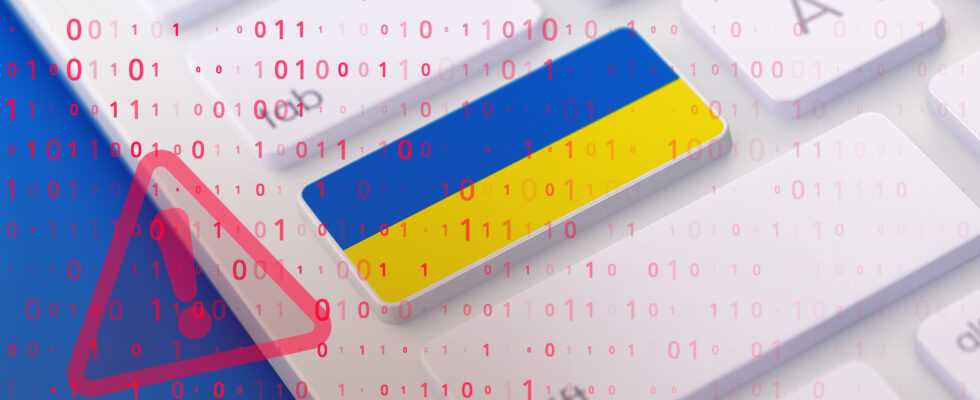The Ukraine war is still going on and of course many people in Europe want to help. With protests, donations in kind or with money. Unfortunately, criminals who take advantage of the willingness to help also know this. They want to cash in with fake appeals for donations. COMPUTER BILD explains how to recognize the fakes.
Ukraine war: rip-off with fake appeals for donations
Not everyone knows all the aid organizations that bring donations to the right places for victims of the Ukraine war. This is why such organizations call for donations on websites, in e-mails, on Facebook or on posters. Unfortunately, more and more criminals are cheating in between. These copy the websites or emails from the real organizations and replace the bank details with a Bitcoin wallet or an email address, which is then supposed to be used to find out more. Some simply invent new organizations and build fake websites with stock photos.
How to recognize fake appeals for donations
Since the fraudsters behind the rip-off copy real appeals for donations, these are not always immediately recognizable as fake. However, there are some clear indications that you should refrain from donating:
- Crypto wallets: No real charity raises via Cryptocurrencies. Instead, real calls for donations contain bank details. Crypto wallets are a definite sign of fraud!
- Many errors: Sure, everyone makes mistakes and mistakes can also appear in real cover letters. But if these are piling up and the sentence structure sounds rather badly translated, it probably is. Many scammers use Google translator to translate their emails into other languages. And that is often wrong.
- Private emails: Every reputable aid organization has a website and sends emails via this address. If these come from Gmail accounts or similar, caution is advised. Is directed to an email contact, much more! It is best to contact the company directly via their website and google beforehand whether there are any negative reviews.
- Too much info: Someone who receives donations from you does not actually need any information from you. Instead, he gives you bank details. If there is a donation receipt or goodies for donations, the question of name and address as well as an e-mail contact is serious. But if you are only supposed to provide all possible data for the donation, there is probably fraud behind it.
- promises: With the donation, aid organizations help those who need help. Some offer photos, stickers, or t-shirts as an added incentive. But if it goes beyond that and you are promised a profit or compensation for the donation, you should also be very careful – especially if the recipients of the donation do not even say exactly what that is supposed to be.







